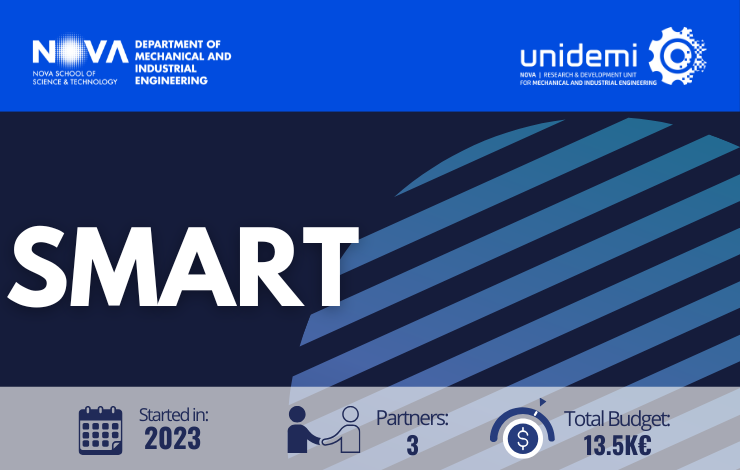
Starting Date: 2023
Number of Partners: 3
Total Budget: 13,5K€
Railway is one of the low CO2 emission means of transport. In line with UN Goal 9 “Industry, Innovation and Infrastructure”, its maintenance and rehabilitation plan are of utmost importance. The SMART proposal aims to combine the traditional track monitoring with innovative ideas based on recognition of defects and incorrect operation by unmanned aerial vehicles (UAV).
Appropriately adapted techniques for image processing of UAV video recordings will be applied to the noise analysis of the properly edited audio part. A library of such recordings and the ability of comparative analysis should lead to at least the definition of areas at risk of excessive noise (acoustic maps). Sources of noise exceeding permissible levels can be identified by comparative analysis with respect to infrastructure defects and environmental conditions.
Portuguese researchers are experienced in analytical modelling and signal analysis. They run the postgraduate course in railway track rehabilitation (EPGRIF). The Norway partner supports the analysis by numerical approaches. The research group from Poland was involved in similar projects regarding defects detection on railways and has strong experience in railway engineering.
The aims of the project are:
1. Development of reliable measuring techniques.
2. Recognition of possibilities to classify signals in terms of their possible impact on railways.
3. Preparation of courses and lectures concerned with the developed techniques leading to the definition of safety levels. Part of the courses/lectures will be digitalised and stored in a shared repository to reach a wider audience.
4. Exchange of knowledge in the scope of common activities.
5. Preparation of practical guidance and training for current and future engineers in measurement techniques, signal analysis and modelling of dynamic phenomena related to rail transport.
6. Additionally, the proposal will allow for stimulating innovative approaches to any area where bilateral interests exist